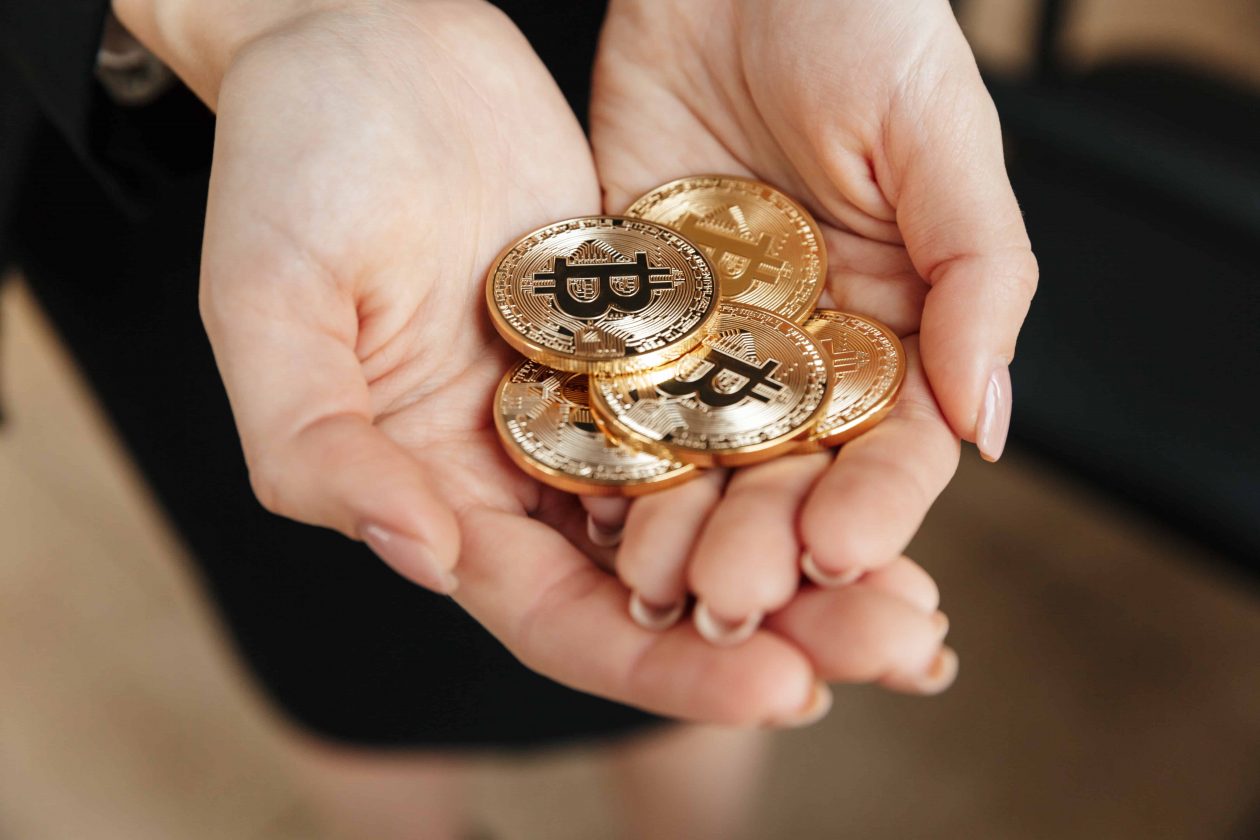A district court in Shanghai has ruled that Bitcoin is virtual property, not a currency that is allowed to circulate, according to a statement released earlier this week.
Fast facts
- A Minhang district court in Shanghai stated this week that it heard a case in which a plaintiff purchased Bitcoin mining machines from a defendant but later claimed the deal was invalid given the People’s Bank of China’s 2017 guidance that prohibited initial coin offering and thus demanded a refund for the machines.
- The court stated that it ruled the deal was valid and although Bitcoin is not currency it holds the attributes of a virtual commodity given its exchangeability, excludability and availability.
- The court also described Tencent’s QQ coin and points, Baidu’s virtual coin, and virtual currencies like Bitcoin as virtual properties because they require a certain degree of resources, properties and energy to obtain.
- The latest court ruling is in line with an earlier court decision. The Hangzhou Internet Court, begun in 2017 to hear internet-related cases, recognized Bitcoin in 2019 as legal virtual internet property that deserved to be treated like other assets.
- However, other crypto-related cases reveal nuances by the courts. In July a court in the capital city of Jinan in the eastern province of Shandong said in a statement that the behavior of buying cryptocurrency was not protected by law, and contracts related to such deals were not protected as well.
- China’s central bank has pledged to continue its crackdown on cryptocurrency trading and speculation as part of its work plan for the second half of the year. Last month, for instance, a company in Beijing suspected of offering software services for crypto trading was ordered to shut down and deactivate its website.





